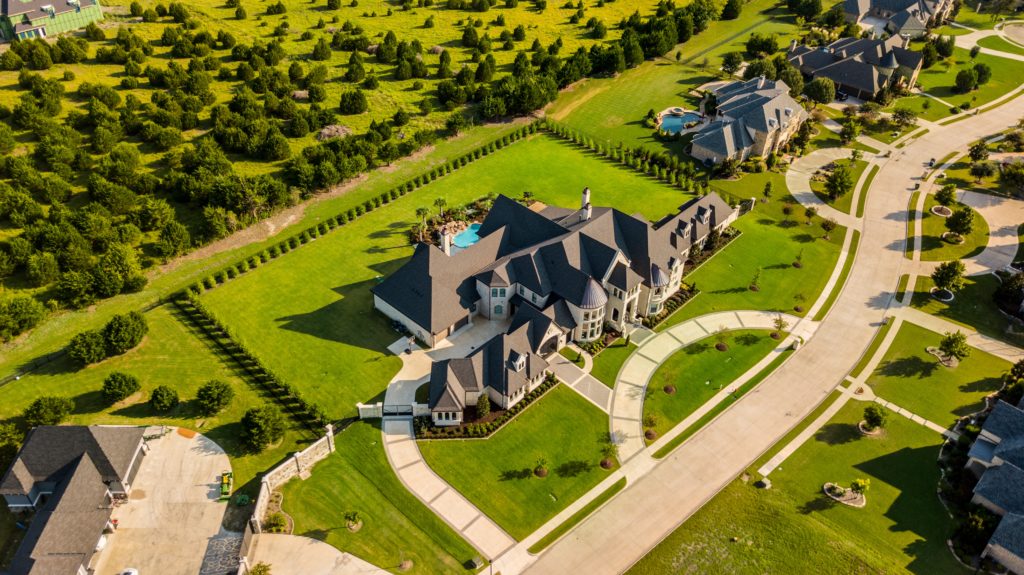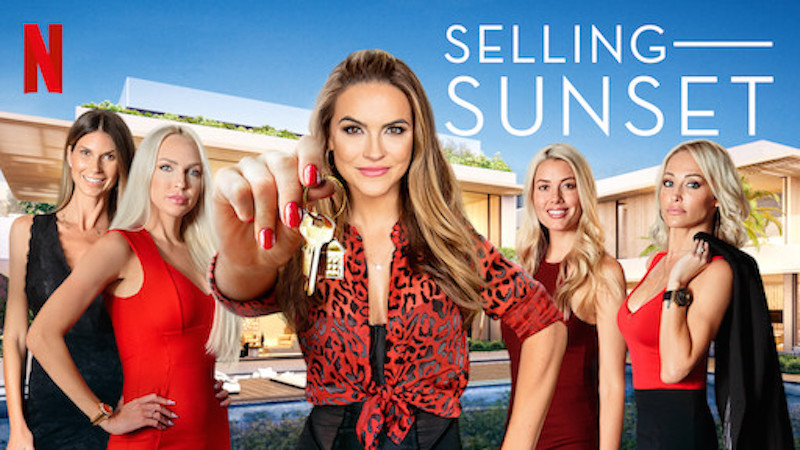Over the past several decades, our society has admired ownership of luxury cars, multi-million dollar mansions, and designer handbags. This obsession with wealth manifests in TV shows and movies, magazines, popular social media accounts, and which corporate brands and material items are highly valued, exclusive, and considered “cool.”
But, is extreme wealth moving from a symbol of status to a symbol of social ignorance?
With the popularity of socially progressive policies and rising recognition of wealth and racial inequalities, our obsession with wealth may be taking a turn. Current events are shining a flashlight into the wealth and social inequalities that have existed for decades. In order to combat racial, healthcare, and educational inequality, our society is forced to re-think how we’re funding social programs. This means stepping away from idolizing multi-million dollar mansions and 10,000 sq. foot yachts as well as the people who own them.
Can we be obsessed with wealth and social justice issues?
It’s not logically possible to idolize the rich while simultaneously fighting for social and environmental justice issues.
The carbon footprint of the extremely wealthy is tremendous. A recent study found that the top 10% richest people are responsible for 50% of all global emissions. At the same time, they are the least impacted by climate change, while the world’s poorest populations are the most vulnerable to its dangerous impacts (i.e. drought, rising sea levels, and destructive hurricanes). Private planes, multiple gargantuan mansions, and consumer products ranging from cars to clothing to electronics, are just some of their contributions to high emissions. Compared to commercial flights, private jets have been shown to emit 4-15 times more carbon by passenger.
Not to mention the unbalanced allocation of resources towards unnecessary luxury goods (i.e. $20,000 handbags) that could be invested in social programs. For example, the retail price of the “cheapest” Bentley (a luxury car brand) is about $200,000, which could cover the full college tuition* of 8 students attending american universities.
Wealth taxes have been proposed by many politicians including Bernie Sanders, Elizabeth Warren, and AOC who’ve advocated for a re-distribution of funding from the tippy top of the 1% richest to instead fund social programs like affordable housing, universal healthcare, and childcare. Theoretically, a wealth tax could provide economic security to millions by increasing access to education and stable jobs, while inhibiting the ability of a wealthy person to buy their 2nd yacht or 12th car. Unfortunately for the middle and working classes (the vast majority of society), these wealth taxes have largely been squashed before any real change is implemented.
My own hypocrisy
I consider myself a fairly socially aware person who votes for progressive policies like wealth distribution and fair taxes, but I also found myself watching the entire 2 seasons of Selling Sunset consecutively. The show is featured around selling multi-million dollar homes to the rich and famous, with wealth and luxury practically oozing out the TV. But it appears I’m not alone. Selling Sunset is one of the most popular reality shows on Netflix.
I’m aware of this contradiction inside me, and realize it might be something many of us grapple with.
Is it the wealth that draws us in? Why does it? And how can we stop watching?
Watching the trends
The relative popularity of media entertainment can reflect our culture’s interests and values.
Hit reality TV shows center around the drama of wealthy people (think all of the Real Housewives franchises). What makes Keeping up with the Kardashians a popular show? Would it be as big of a hit if Kim Kardashian made $50k a year and lived in a 4-room house?
The trend also seeps into YouTube: “Haul” videos, where creators show their audience items (clothes, makeup, electronics) they’ve purchased or been gifted by brands. Watching “haul” videos allows viewers to live and shop vicariously through others. Perhaps by watching the pursuits of the wealthy, we are able to vicariously live through them and satisfy our own desire for luxury.
Rich and famous celebrities are also the most followed accounts on Instagram. As of March 2020, Cristiano Ronaldo, Dwayne “The Rock” Johnson, Ariana Grande, Selena Gomez, Kylie Jenner, and Kim Kardashian are the top 6 most followed accounts globally. Each individual has at least 180 million followers. Social activist accounts pale in comparison.
Upon researching popular activist accounts, it was hard to find a list of the top most followed activists. But, the highest I could find was Greta Thunberg with 10.4 million followers. AOC has 5 million, blklivesmatter has 3.8 million, Ava Duvernay has 2.1 million, and Malala has 1.5 million (all as of July 2020). Although they do have a big following, it’s is significantly smaller when compared to the top most followed accounts. For example Greta Thunberg (10.4 million) has approximately 4% of Cristiano Ronaldo’s following (231 million).
These differences were eye-opening for me and after researching for this post, I made sure to intentionally follow more activist accounts (like @indigenousrising and @amnesty).
Is our obsession with wealth decreasing?
The documentary Generation Wealth highlights the materialistic nature of the American Dream and the country’s obsession with wealth. The doc depicts people who’ve built their identities and reputations around their wealth and the material items they’re able to accumulate.
But is the American Dream changing?
I personally know more people who care more about the lives of other people, animals, and the environment, than accumulating extreme wealth. All of the lovely readers of Peaceful Dumpling are just some of the people in the larger movement towards collective wellness over individual greed.
Some of this change is captured in the shared disappointment and frustration at the fact that Jeff Bezos will soon become the world’s first trillionaire. When a recent study predicted that Jeff Bezos would become the world’s first trillionaire within the next 6 years, outcry poured out on social media.
There is also a rising trend of reducing consumption, embracing plant-based lifestyles, and conscious consumerism. Many people seek lifestyles that provide them stability and joy, which doesn’t require extreme wealth. An often-referenced study concluded that emotional well-being increases with annual income but hits a “happiness threshold” at $75,000. Any additional amount beyond that point will make a marginal difference to your well-being.
So will our obsession with wealth shift over to something new?
When will we change?
It’s clear that as a global society, we can’t afford to live a luxuriously materialistic lifestyle (financially, environmentally, or socially). But it’s also clear we have a long way to go.
But there are things we can do to help reorient our society’s values, including voting for progressive and anti-racist policies!
If the need to accumulate wealth arises from a need to be admired and validated, what if we stopped admiring those who are extremely wealthy?
Instead of liking a photo of Kylie Jenner in front of one of her luxury sports cars, we choose to like a photo of Malala and Greta Thunberg sitting together? When people are praised for positive behaviors (like speaking up about racial inequality), it can motivate others to mimic the behavior when they know it will be rewarded. If we shift what’s valued, other people (even the most stubborn) may adapt.
With the rise of social media, it’s easier to call out celebrities and politicians for maladaptive behaviors and demand positive change. We’ve also seen corporations react to the Black Lives Matter movement by participating in #blackouttuesday and acknowledging the persistence of racism.
I wonder what future generations will think when they look back on images of extreme wealth in the history books, with the fancy cars, mega-mansions, and bottomless consumption. Will they curse the human behaviors that predicted an environmentally devastated planet and social inequalities? Or will they appreciate those who stood up and demanded change, knowing future generations deserved better?
What do you think about our obsession with wealth? Is it changing for the better or am I being overly optimistic?
*Based on the average tuition cost (25k) of American public, in-state universities
Also by Lindsay: Will The Coronavirus Push Us To Go Vegan?
Get more like this—Sign up for our daily inspirational newsletter for exclusive content!
__
Photo: Daniel Barnes via Unsplash; Netflix






